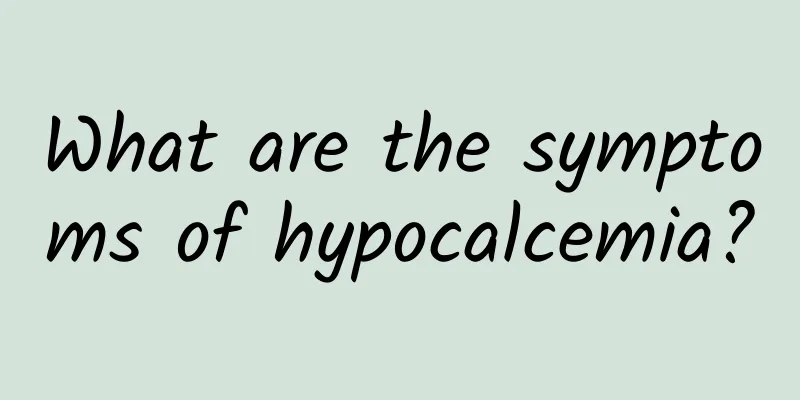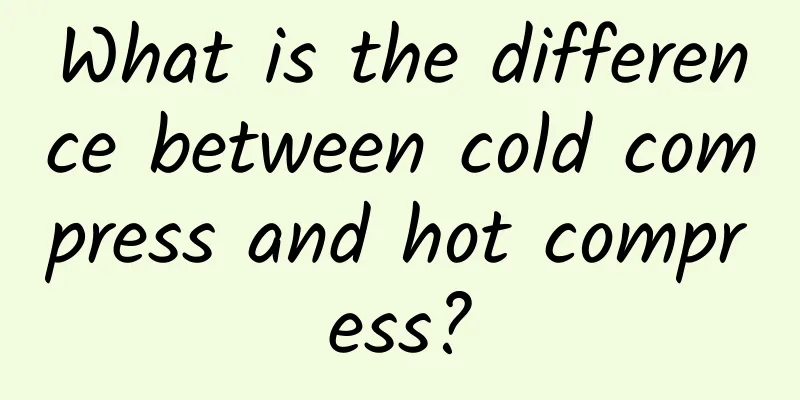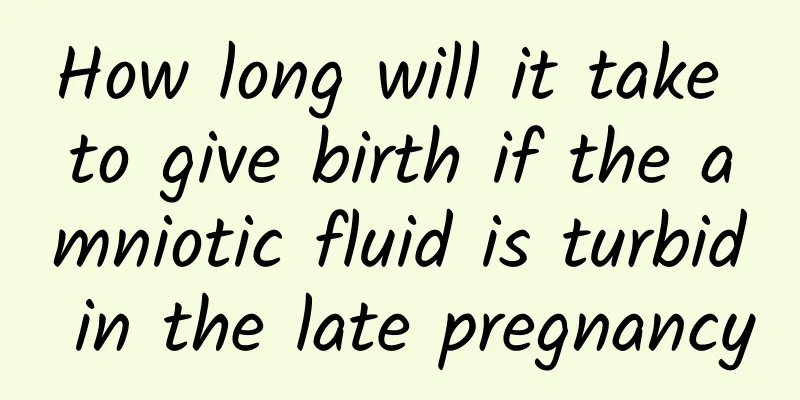What are the symptoms of hypocalcemia?

|
Hypocalcemic convulsions are mainly caused by a decrease in blood calcium concentration, which leads to increased neuromuscular excitability. These symptoms usually occur in infancy and can easily cause the patient to experience muscle tremors, eyes rolling up, difficulty breathing, or a tiger roar when exhaling. So through these symptoms, we know that the harm caused by hypocalcemic convulsions is also relatively large, so we must pay attention to the house and pay attention to calcium supplementation. 1. Symptoms Hypocalcemic seizures are the result of decreased blood calcium concentration, which increases neuromuscular excitability. If it occurs in infancy, it is often manifested by sudden twitching of the limbs, tremors of the facial muscles, and upturned eyes. At this time, the child usually does not have a fever, but may temporarily lose consciousness or have incontinence of stool or urine. Each attack lasts from a few seconds to a few minutes or longer and may occur several times a day or once every few days. After the attack is relieved, the child falls asleep more often. After waking up, he is conscious and eats normally. A small number of children experience laryngeal spasm due to twitching of the laryngeal muscles. The children have difficulty breathing and may make crouping sounds when inhaling. Severe cases may cause suffocation and death. When infants and older children have hypocalcemic convulsions, they are conscious and only have spasms in their hands and feet. When the hands spasm, the thumbs are close to the palms, the other four fingers are straightened toward the palms, and the wrists are slightly flexed. When the feet spasm, the ankles are straightened, the toes are stiff, and the soles of the feet are slightly bent, just like dancing ballet. 2. Causes How does hypocalcemia cause convulsions? It turns out that in hypocalcemia, the decrease in serum free calcium leads to an increase in neuromuscular excitability and causes convulsions. Hypocalcemic convulsions often occur in infancy and are closely related to vitamin D deficiency, so they are clinically called vitamin D deficiency tetany. It is well known that during the special age period of infancy, vitamin D is often in short supply due to factors such as reduced vitamin D intake, insufficient endogenous synthesis, and increased demand due to rapid growth. When the body is deficient in vitamin D, on the one hand, it directly leads to calcium and phosphorus absorption disorders, which causes a decrease in blood calcium and phosphorus levels; on the other hand, under normal circumstances, the body compensates by hypersecreting parathyroid hormone. Although this can partially relieve the blood calcium level, if in the early stages of rickets, the parathyroid glands of some children do not have time to respond or due to individual differences, the compensatory ability of the parathyroid glands is inconsistent, this creates a pathological basis for hypocalcemic convulsions. There are many clinical factors that directly trigger the occurrence of hypocalcemic convulsions. 3. Prevention and treatment Calcium, as an important component of bones, plays a supporting role in life activities. At the same time, free calcium can reduce the permeability of capillaries and cell membranes and the excitability of nerve cells, participate in muscle contraction, and calcium absorption, which is beneficial to bone formation. Calcium becomes increasingly important for infants and young children due to their rapid growth and development. Therefore, in order to reduce the adverse effects of calcium deficiency on the growth and development of infants and young children, it is very necessary to appropriately supplement them with calcium and vitamin D preparations, such as Ti Heng Jian’s Calcium D. You can eat foods rich in calcium and high-quality protein regularly. Milk, dairy products, beans and bean products contain a lot of calcium. Fish, chicken, beef, dried shrimp, seafood, scallops, kelp, seaweed, bone soup, etc. can also supplement calcium. You can also eat more fruits and get more sun. |
<<: What are the symptoms of excessive gallbladder fire?
>>: What are the symptoms of lung qi reversal?
Recommend
What to eat when blood sugar is high
High blood sugar is one of the three highs of mod...
What to do if your baby coughs
Babies who have just turned one month old have re...
Fissure between anus and pubic area
The human body has many diseases, which are cause...
Does Chinese medicine need to be boiled twice?
When boiling Chinese medicine, most of the key po...
What medicine should I use for blisters on my mouth?
In life, many people will have blisters on their ...
The difference between Xueshuantong and Xuesetong
Both Xuetuantong and Xuesetong are relatively com...
What causes acne on the back and chest?
The pressure in society today is very high. Once ...
Is knee pain when squatting a sign of calcium deficiency?
When our knees hurt when we squat, the first thin...
Homemade mushroom and rapeseed noodles
Shiitake mushrooms and rapeseed are common vegeta...
What should I do if there is a thread coming out of the episiotomy wound?
During normal delivery, a side incision may be re...
What causes pain in the fingertips?
Some people feel pain in their fingertips after w...
What is an ovarian cyst? How to detect ovarian cysts?
The ovaries are important reproductive organs of ...
Why do I always want to pee?
If you always want to urinate, you need to rule o...
Can boiled eggs cure vertigo?
Duhuo is a traditional Chinese medicine, and it i...
Difference between pituitary cyst and pituitary tumor
Pituitary cysts and pituitary tumors are very com...









